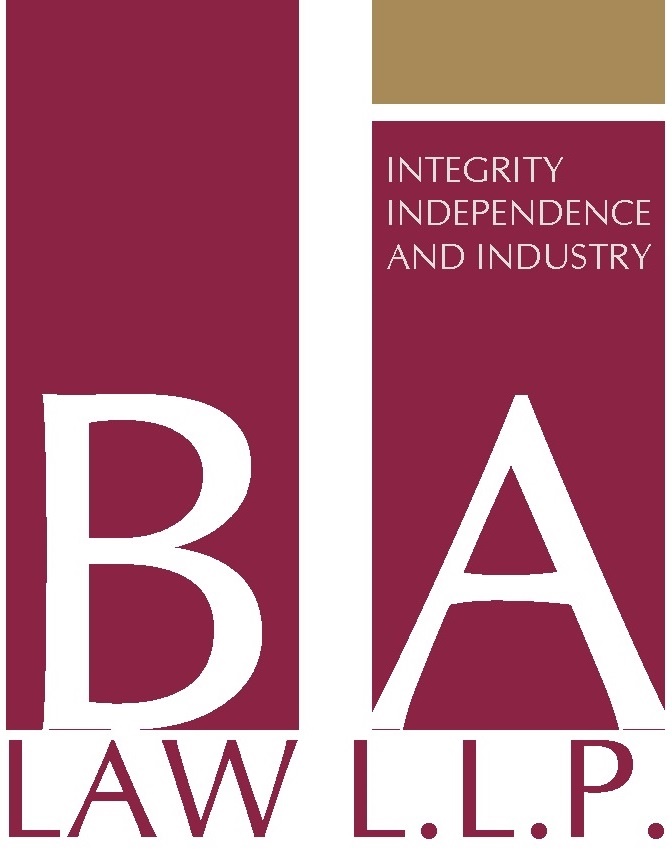[vc_row][vc_column][vc_single_image image=”1083″ img_size=”full” alignment=”center”][vc_column_text]
The Nigerian Senate has recently passed a Bill to protect students from Sexual harassment in territory Institutions. The proposed legislation follows a British Broadcasting Corporation’s (BBC) investigation titled ‘Sex for grades’ documentary, that uncovered alleged sexual misconduct by male lecturers in Nigeria and Ghana. The Bill sponsored by the Deputy Senate President, Ovie Omo-Agege (APC- Delta Central) is titled: ‘A Bill for an Act to prevent, Prohibit and redress Sexual Harassment of students in tertiary educational institutions and for matters concerned therewith, 2019’. If the bill becomes law, teaching staff could face up to 14 years but not less than five in jail without an option of fine for having sexual relationships with their students.
This Bill also seeks to protect students from victimisation or threats from perpetrators or lecturers within the institution or outside. It is crucial that administrative bodies in the institutions ensure that a student who makes a Sexual Harassment complaint is adequately protected and not subjected to threat or victimisation by the accused or any other educator or person within the institution or another institution.
Moreover, the Bill ensures that administrative bodies do not instigate biased and simplistic thinking that the females are the ones ‘throwing themselves’ at their lectures, thereby creating a narrative that lecturers are the victims of sexual harassment.
RECOMMENDATIONS
Moving forward, with the implementation of the Bill, it is suggested that these lecturers should not only be sacked but should be backlisted. The Federal Government agency in charge of the institutions, the Academic Senior Staff should make the backlist public. Consequently, this will make it difficult for any Lecturer found guilty of sexual harassment to gain employment in another Institution upon termination of employment. Tertiary Institutions should also be encouraged to make use of anonymous reporting mechanisms as this will encourage victims of Sexual Harassment to speak up without the fear of being victimised, threatened or embarrassed.
[/vc_column_text][/vc_column][/vc_row]

